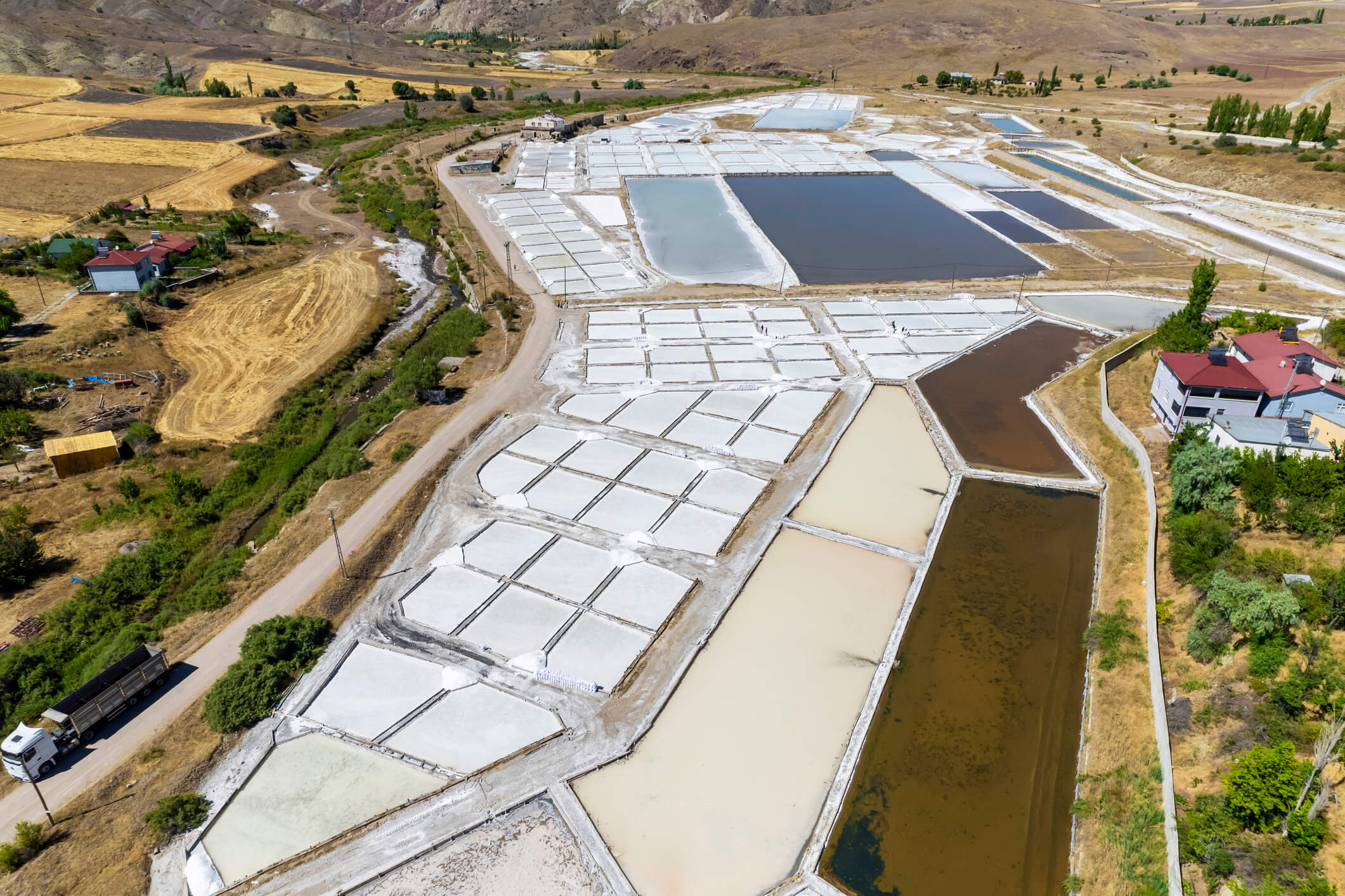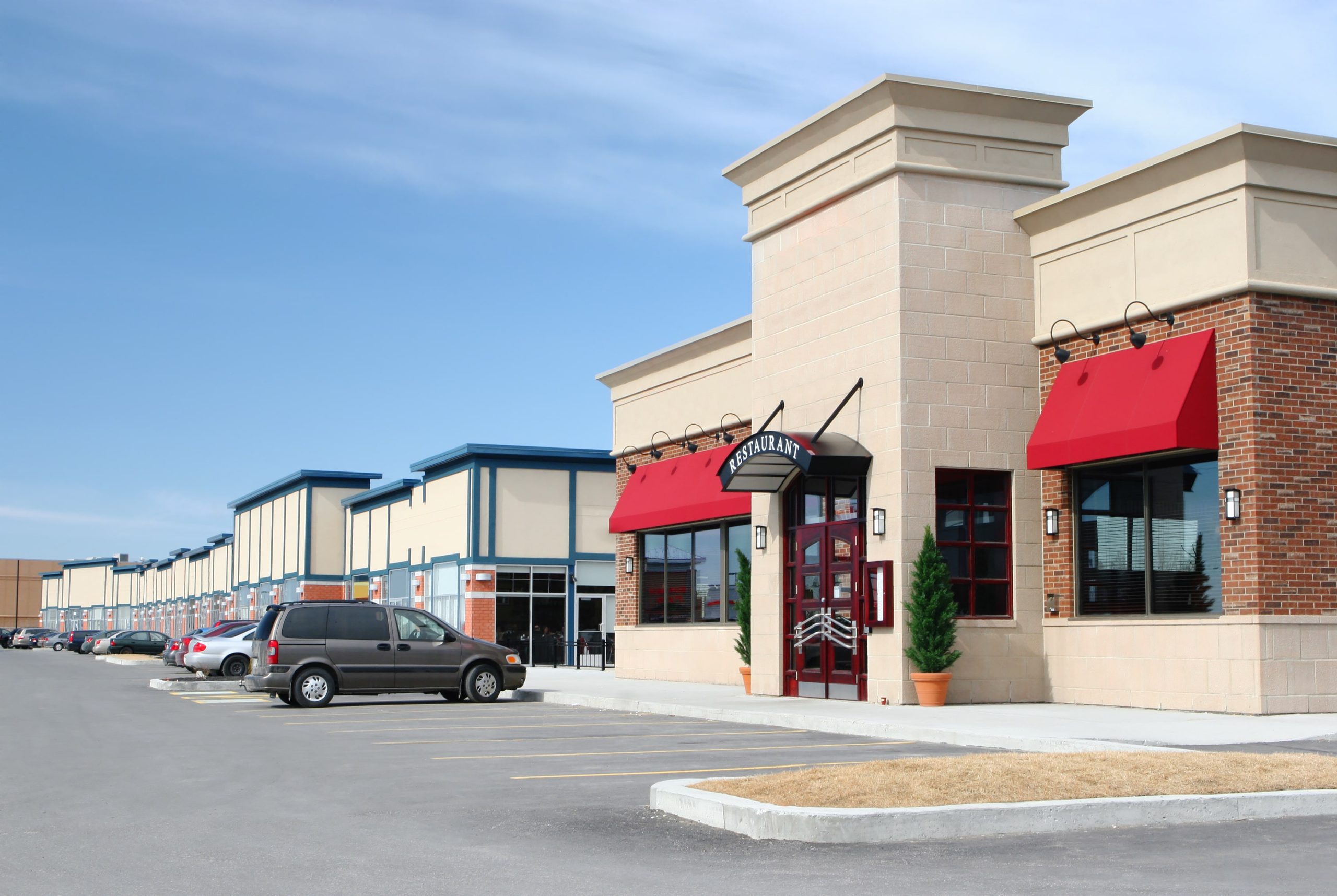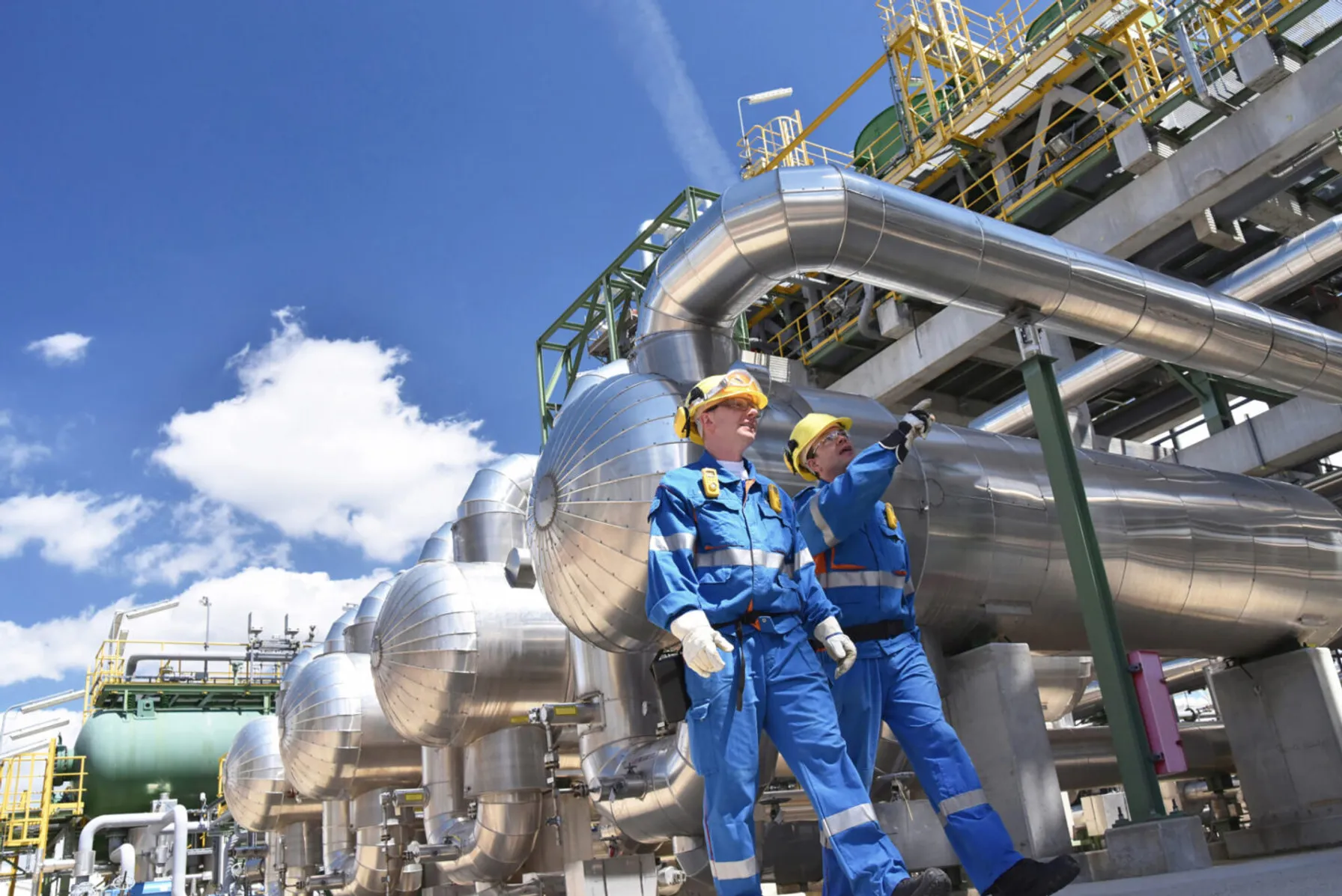Midwest U.S.
A client performed chrome plating of piston rings at a manufacturing facility in the Midwest. The client discovered a release of chrome-plating solution from plating pits. Subsequent investigations performed by TRC revealed that concentrations of hexavalent chromium (Cr6+) of 340,000 µg/L in groundwater exceeded cleanup standards (100 µg/L). Groundwater was managed as a Resource Conservation and Recovery Act (RCRA) hazardous waste, which was collected and transported off-site for disposal at significant cost.
TRC conducted a life cycle analysis (LCA) to evaluate potential remedial alternatives for the duration of the project. The LCA supported the selection of groundwater extraction and treatment. Using groundwater modeling, TRC designed a groundwater extraction trench to capture the affected groundwater. TRC concluded that the most effective treatment would be to install an evaporator/condenser to concentrate the chromium to reduce off-site transportation and disposal cost and liability. Other options were significantly more costly, or had numerous cost and operations and maintenance (O&M) disadvantages.
TRC provided design, permitting, and turnkey construction services. The system utilized a groundwater extraction trench to convey chromium-affected groundwater to a natural gas-fired, closed-loop evaporator system capable of concentrating 99.9 percent of the chromium influent. With the closed-loop system, evaporated water is chilled and recondensed; the condensate water is reused by the plant plating operations. An RCRA-certified waste holding tank stores concentrated chromium waste until the concentrated chromium sludge is transported off-site for recycling/disposal.
The groundwater extraction trench eliminated potential risks to human health or the environment from any off-site migration of the chromium-containing groundwater. Reusing water from the condenser reduced the quantity of freshwater that had to be used in the plating process. The evaporator system significantly reduced the quantity of waste generated, resulting in an overall reduction of fuel for transport and air emissions from less frequent off-site transportation. The 99.9 percent reduction substantially reduced the amount of chromium sludge sent for landfill recycling/disposal.
- Client: Confidential Client
- Project Location: Midwest U.S.
Related Projects
Discover the success we’ve had with helping our clients execute major projects and make a meaningful impact on their local communities.








